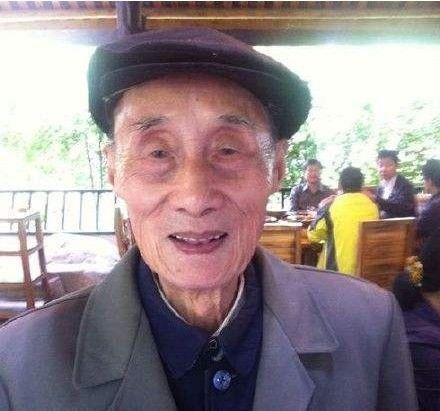Veterans of the War of Resistance Killed Senior Japanese Officers, and after 43 years of seeing Japanese materials, they realized that they had made great contributions
Huang Shiwei, a veteran anti-Japanese general, killed the Commander of the Japanese Division Sakai in a war in 1942, but 43 years later, in 1985, he realized that he had made such a great contribution. Huang Shiwei, a native of Chongqing and whose parents were members of the League, wrote a "Suicide Note on the Anti-Japanese Expedition" at the age of 16 to express his determination to resist Japan. In 1937, Huang Shiwei was admitted to the field service team of the 21st Army, and later learned guerrilla tactics with the instructors of the engineering school, and after a long period of training, Huang Shiwei could be called a skilled soldier.

In February 1945, American bombers borrowed from China's Jiangnan area to carry out military activities, and Japan wanted to destroy the Us airfield in the Zhejiang and Gansu regions in order to prevent the United States from acting. In order to stop the Japanese army's behavior, China sent soldiers from the Third Theater to fight guerrilla warfare with the Japanese army, and at that time, Huang Shiwei received the task of secretly planting mines on the front line, which was extremely difficult. First of all, the mine-laying site was not within the control of our army, and secondly, the enemy soon came, and secondly, the mine-laying task was heavy and the number of bombing targets was large, and even so, Huang Shiwei accepted this task without hesitation.
On May 2, 1942, Huang Shiwei and his soldiers quietly rushed to the site of preparing to lay mines. They sensed the style of the Japanese generals: whenever they arrived at a raw place, they would first stand on a high ground and explore the terrain with a telescope. Huang Shiwei and his comrades-in-arms buried a total of 60 No. 4 armor shells in gaoli, in order to keep the buried mines from being discovered, Huang Shiwei adopted the method of surprise mine burial, buried the mines in the ground in a short period of time, and laid tree turf, when it just happened to rain, the scene recovered well.
The commander of the Japanese 15th Regiment led the army into this area, they had experienced the power of guerrilla mines, and this time they walked very carefully, even surrounding the division commander in the middle of the line. Soon there were two loud noises in the distance, and later the 146th Division called him to say that many Japanese had been killed, but it did not mention that there was a Japanese 15th Regiment Commander inside, in fact, the Japanese Division Commander had been killed. In order to maintain morale, the Japanese did not spread the news of the death of Sakai, the commander of the 15th Regiment. After the founding of New China, Huang Shiwei returned to his hometown, and in 1984, the Death of Sakai was recorded in the Japanese "Showa Seventeenth and Eighteenth Years of China Dispatch Army", and Huang Shiwei only then knew his own merits. In 2014, the elderly Huang Shiwei passed away at the age of 93.